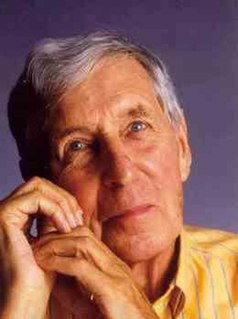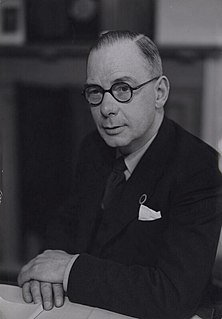A Quote by Thomas B. Macaulay
If ever Shakespeare rants, it is not when his imagination is hurrying him along, but when he is hurrying his imagination along.
Quote Topics
Related Quotes
Henry Corbin creates the world - most of all his examination of the imagination and what the imagination was for him. Some philosophers would think of the imagination as a synthetic ability, how you put different things together. Artists more think of the imagination as creativity. So I really like the way that he presents the imagination as a faculty that allows one to experience worlds that are not exactly physical but are real nonetheless.
Tessa was only half way down the corridor when they caught up to her -Will and Jem, walking on either side of her. "you didn't really think we weren't going to come along, did you?" Will asked, raising his hand and letting his witchlight fare up between his fingers, lighting the corridor to daylight brightness. Charlotte, hurrying along ahead of them, turned and frowned, but said nothing. "I know you can't leave anything well alone," Tessa replied, looking straight ahead. "But I though better of Jem." "Where Will goes, I go," Jem said good-naturedly. "And besides, I'm as curious as he is.
Among the English authors, Shakespeare has incomparably excelled all others. That noble extravagance of fancy, which he had in so great perfection, thoroughly qualified him to touch the weak, superstitious part of his readers' imagination, and made him capable of succeeding where he had nothing to support him besides the strength of his own genius.


































